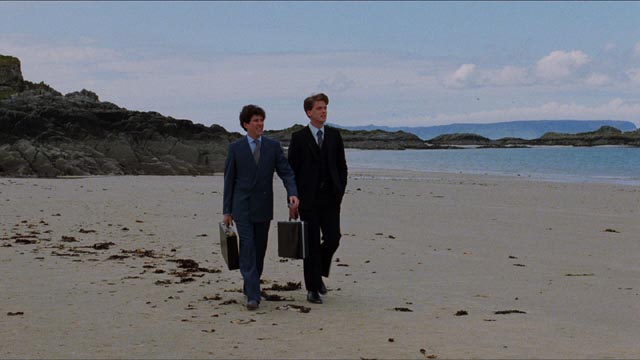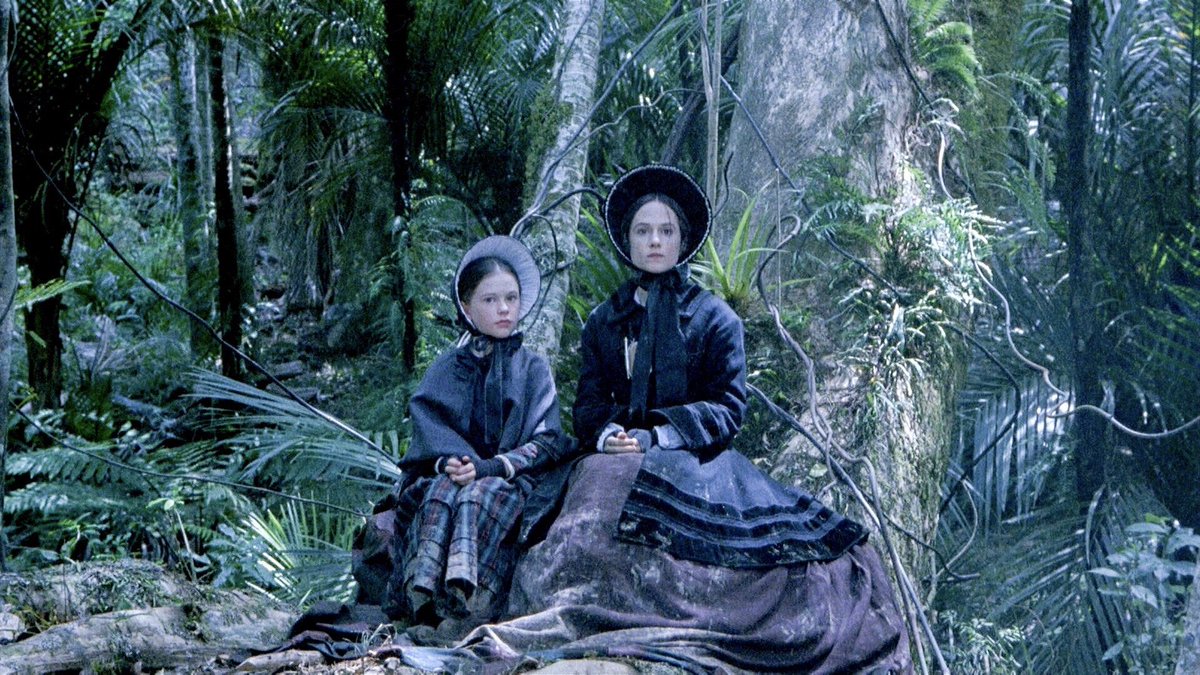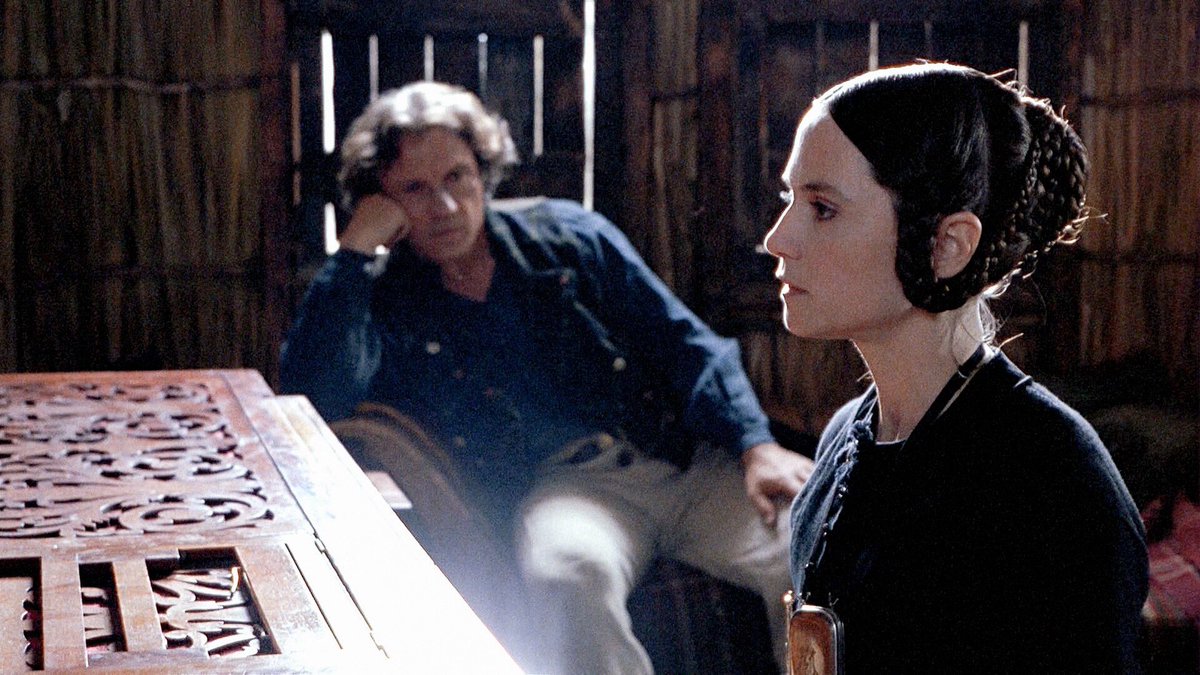Quest Status: 692 /1000
TSPDT Rank #958
The Adventures of Prince Achmed is an early adaptation of "One Thousand and One Nights" (aka "Arabian Nights"), featuring the collection's most famous character, Aladdin, as well as the titular Prince Achmed. It's also the earliest surviving animated film. Composed of silhouette animation transposed on a vibrant background of bright colors, Prince Achmed is a feast for the eyes, a rare type of animated film that was soon replaced by the works of Walt Disney and other popular animation studios.
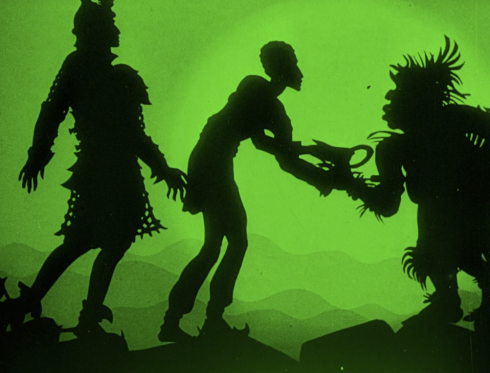
The story is simple enough. An African magician creates a magical flying horse to sell to the local monarch in exchange for his daughter, sending the monarch's son Prince Achmed flying into the sky when he tries to protect his sister. Achmed then kidnaps Pari Banu, the beautiful ruler of a magical island, who agrees to follow him but is kidnapped by the emperor of China. The magician's greatest rival, an unsightly but kindly witch, comes to the rescue, but it turns out that Aladdin's magic lamp is needed to unlock the gates to Pari Banu's kingdom and defeat the angry demons who live there.
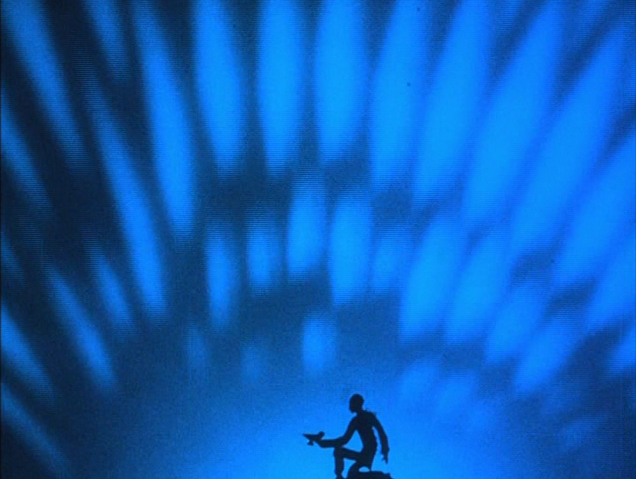
Okay, maybe it's not that simple. If anything, this short feature film could have been longer in order to give the viewer more time to process the narrative information and enjoy the rich visuals. Maybe the short length was due to the difficulty of producing this style of silhouette animation. Otherwise, the only fault I can see in the animation almost 100 years later is the lack of facial expressions (so crucial to silent films) and the tendency of trees and other objects in the frame to get in the way of the characters sometimes. The movement of the characters looks very natural for the most part, and the storytelling is gripping and fast-moving even if it is outlandish. I'm glad that Prince Achmed has a place on the 1,000 Greatest Films (for now, anyway) - it deserves a place among any list of essential 1920s silent films.
